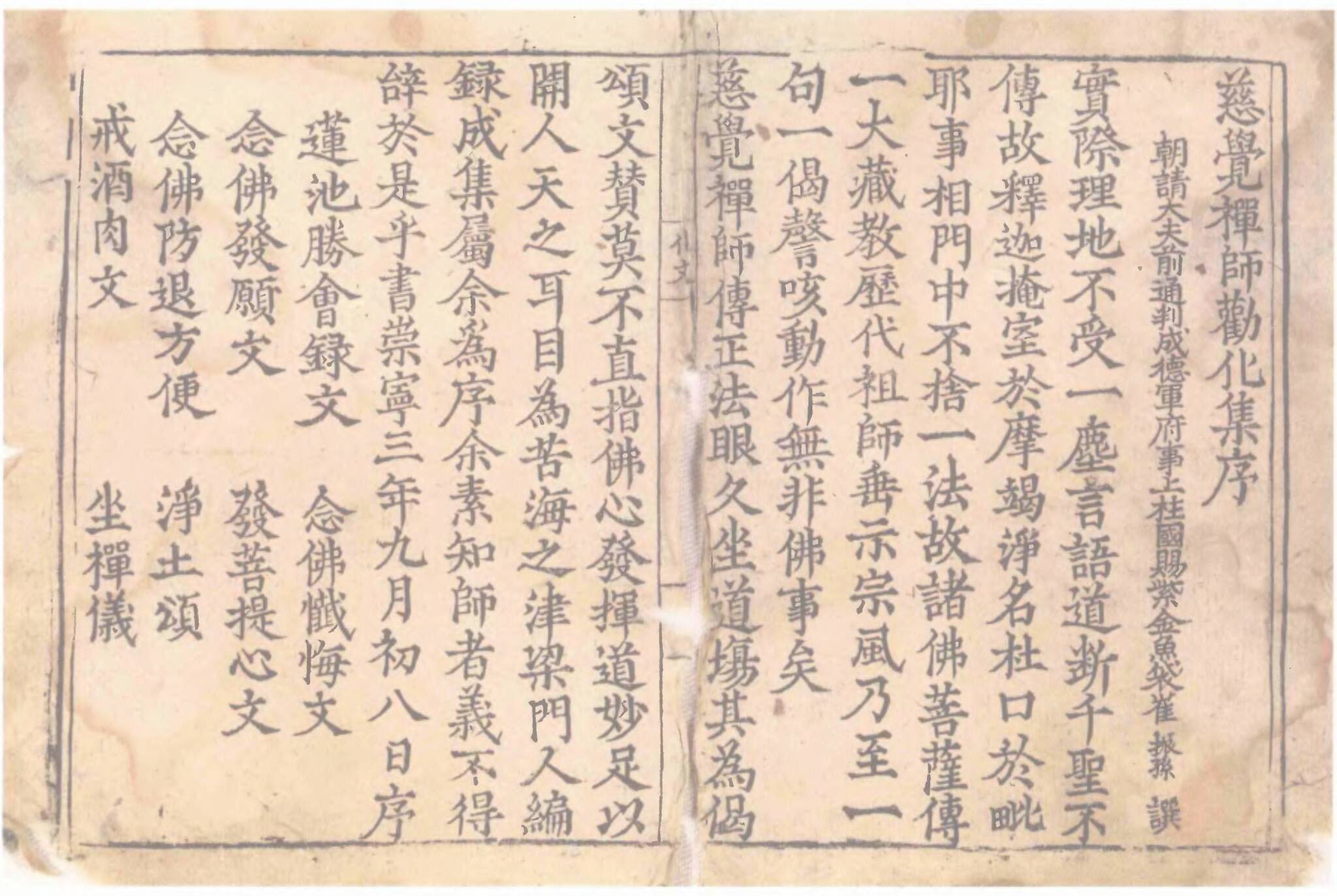
The Lost Chan Buddhist Teachings for Merchants in Khara-Khoto codex TK132 (and why they matter)
Jason Protass, Brown University
Wed, 4/24 · 4:30 pm—6:00 pm · 202 Jones Hall
East Asian Studies Program

Scholars believe Chan became the dominant form of Buddhism during the Song dynasty because Chan, with its poetry, wit, and iconoclasm, most appealed to the tastes of the newly powerful literati scholar-officials and was thus most successful in the marketplace for patronage. This project introduces a different kind of Chan teachings for laity, and calls into question the marketplace as a historiographic model. I focus on a long-lost woodblock printed booklet entitled Quanhuawen 勸化文 (“Admonishments for Transformation,” preface dated 1104), recovered by Pyotr Kozlov in 1908-1909 from the abandoned Tangut city of Khara-Khoto 黑水城, currently in St. Petersburg (document number TK132). This booklet contains foundational instructions for Buddhist laypersons written by Chan Master Changlu Zongze 長蘆宗賾 (d. 1106). Zongze has long been celebrated as the author of the formative Chan monastic law-code Rules of Purity for Chan Monasteries 禪苑清規. In contrast, his Quanhuawen preserves fifteen essays for householder bodhisattvas.















